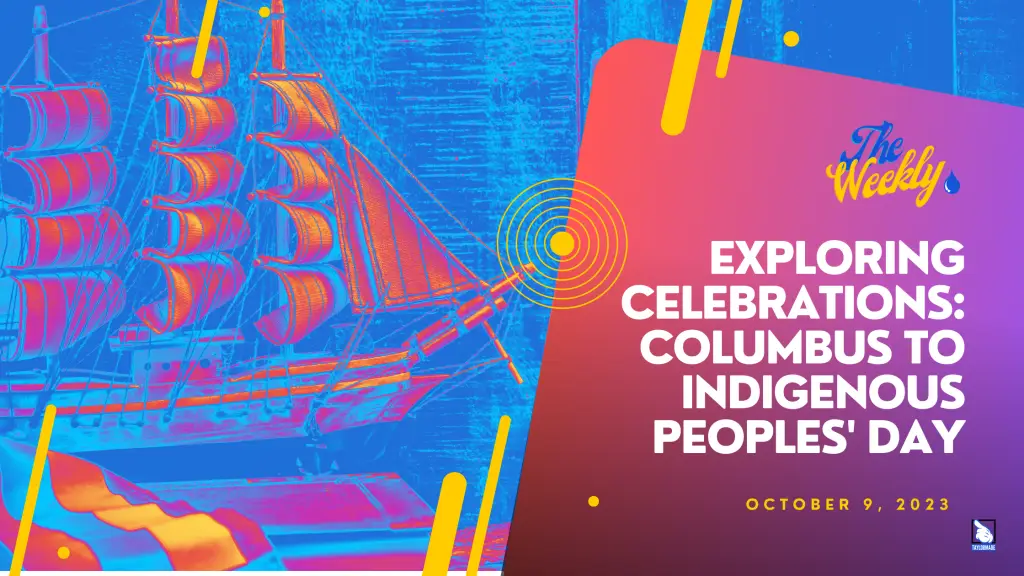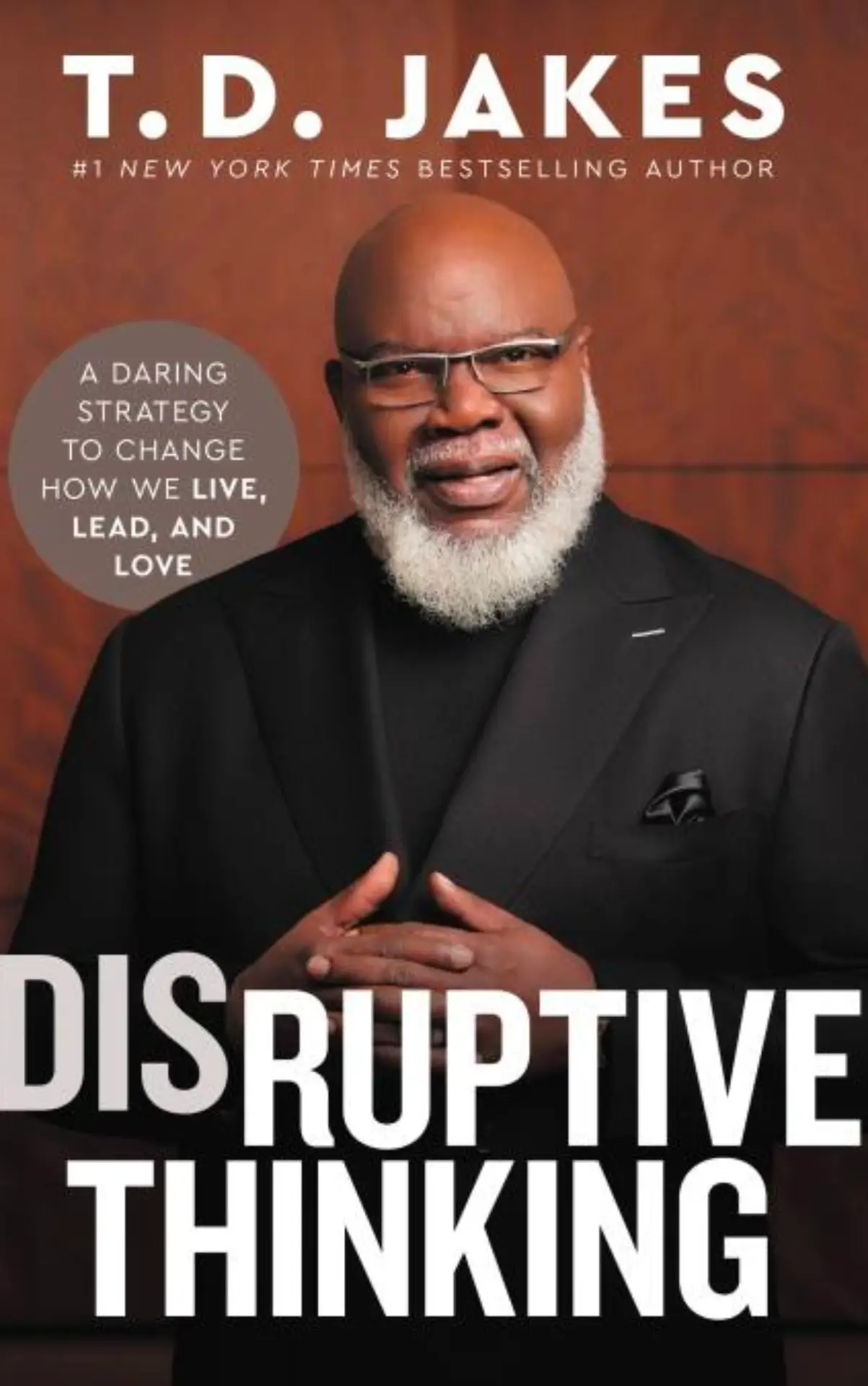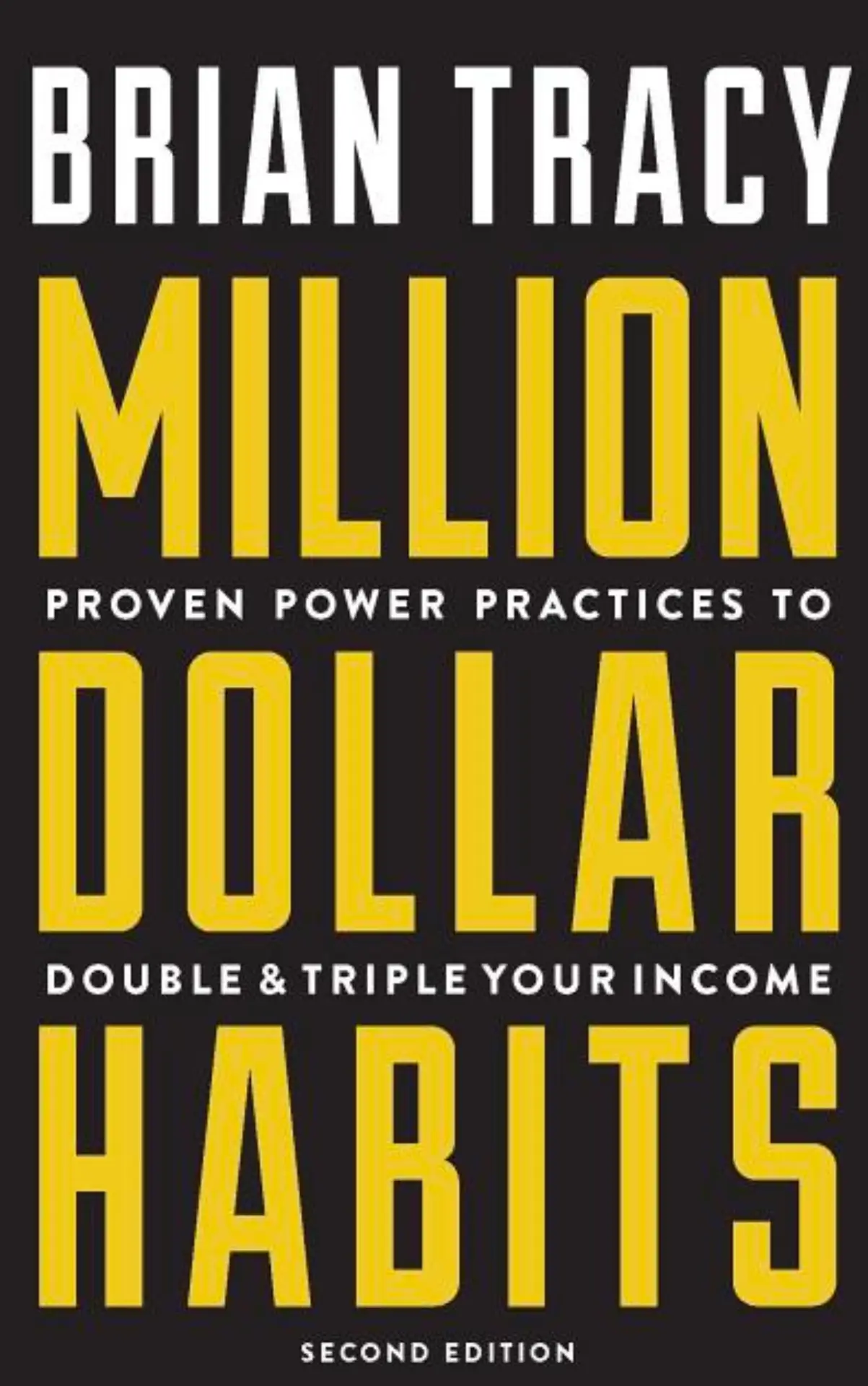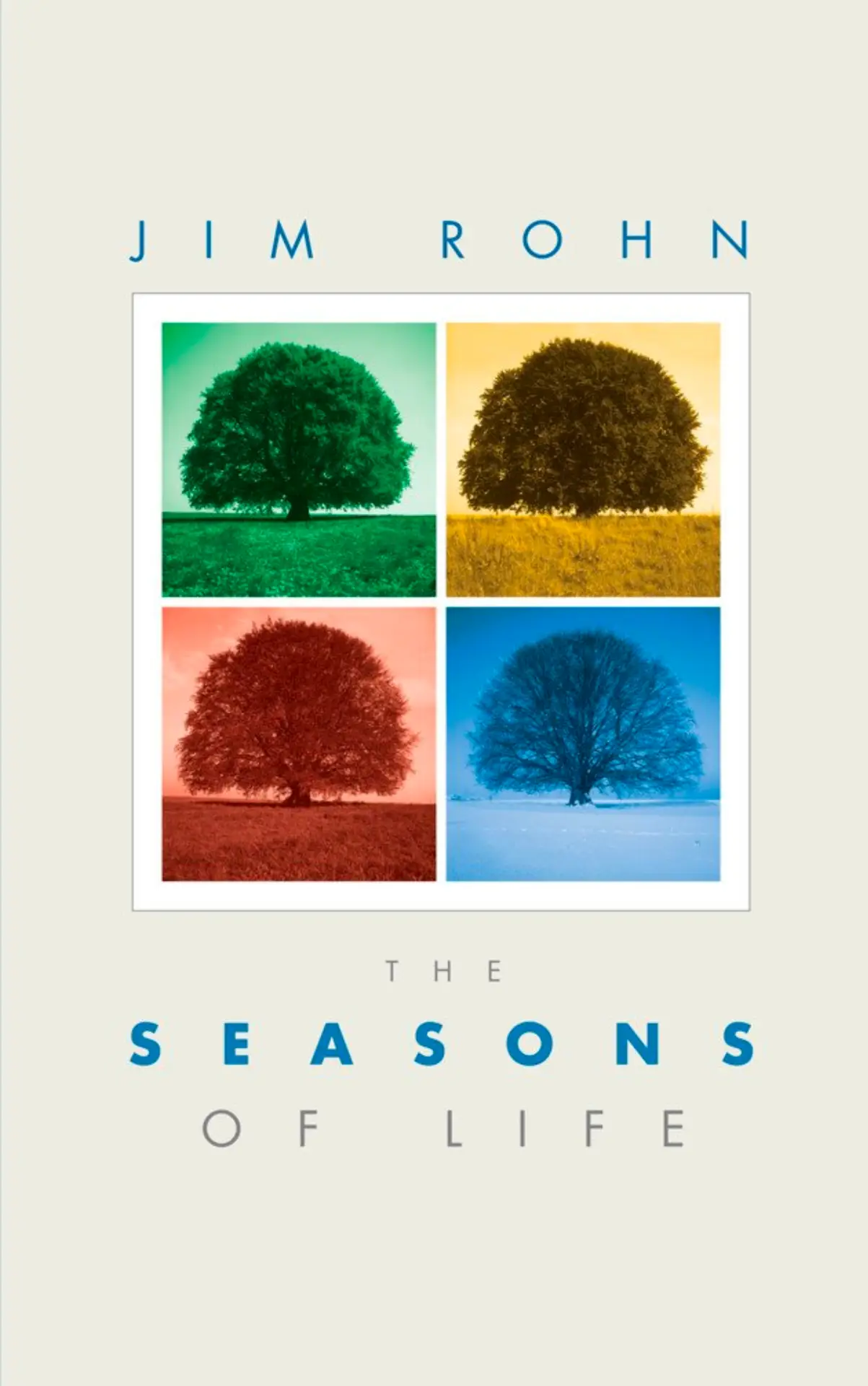
For centuries, Indigenous Peoples’ Day has been a day of celebration and commemoration for indigenous peoples in the United States. But it wasn’t always that way. Before the holiday’s formal recognition in the United States in the late 20th century, it was known as Columbus Day and celebrated the explorer Christopher Columbus’s “discovery” of the Americas. Let’s explore the history of the holiday from its roots in Columbus Day to its current form of Indigenous Peoples’ Day, a day of recognition and respect for the diverse indigenous cultures of the United States.
Indigenous Peoples’ Day is a holiday that celebrates and honors the histories and cultures of Indigenous American peoples. It is celebrated on the second Monday in October in many parts of the United States, often in place of Columbus Day, which has historically celebrated Christopher Columbus’ arrival to the Americas in 1492.
The celebration of Indigenous Peoples’ Day began in 1977 when the United Nations declared August 9th International Day of the World’s Indigenous Peoples. Since then, the holiday has grown and is now celebrated in many places across the United States.
The holiday is an important way for people to recognize and celebrate the contributions of Indigenous peoples throughout history and to acknowledge the unique culture, history, and experiences of Native Americans.
In addition to honoring Native American culture and history, Indigenous Peoples’ Day also serves as a reminder of the ongoing struggle of Native American communities to fight against colonialism and oppression. The holiday also seeks to raise awareness about current issues facing Indigenous communities, such as climate change, environmental justice, and economic injustice.
The celebration of Indigenous Peoples’ Day began in the late 1990s as a way to honor and recognize the histories and cultures of indigenous Americans. Since then, cities, states, and other countries have followed suit in designating the day to honor and celebrate indigenous people.
In 1992, South Dakota became the first US state to officially recognize Indigenous Peoples’ Day, replacing Columbus Day. The change was part of an effort to pay tribute to the Native American tribes that resided in the area before European settlers arrived.
On this day, communities across the nation come together to honor and celebrate their heritage through various activities such as powwows, feasts, film screenings, and festivals.
Indigenous Peoples’ Day is intended to pay tribute to the many cultures and histories of the native peoples that have been living in the area for centuries. It is also a way to recognize and commemorate the struggle and resilience of those communities.
The holiday serves as a way to celebrate the diverse culture and heritage of indigenous Americans, while also recognizing the injustices they have faced. By observing this holiday, we can honor their strength and resilience in the face of adversity, as well as acknowledge the contributions that indigenous Americans have made to our society.
The holiday provides an opportunity for us to come together and recognize the significance of indigenous cultures and histories in our society. We can celebrate the beauty and importance of these cultures, while also recognizing and paying tribute to those who have been oppressed. In doing so, we can help create a more inclusive society that respects and honors all people, regardless of their cultural backgrounds.
Indigenous Peoples’ Day has become an increasingly popular holiday in recent years, however, it is not without controversy. While many celebrate and recognize the holiday as an important part of honoring the histories and cultures of indigenous American peoples, some feel that the holiday is disrespectful and should be done away with altogether.
The controversy around Indigenous Peoples’ Day largely stems from the fact that it replaced Columbus Day, a holiday dedicated to celebrating the explorer Christopher Columbus. For many, Columbus Day was a celebration of Italian-American heritage, and its replacement was seen as an affront to that community. As a result, some states, such as Alabama and South Dakota, have resisted calls to replace Columbus Day with Indigenous Peoples’ Day.
In addition, many Native Americans feel that the holiday is simply not enough to atone for the centuries of suffering their people have endured since the arrival of Europeans to the continent. While Indigenous Peoples’ Day is a step in the right direction, they argue, it fails to adequately address issues like environmental degradation and forced assimilation.
Ultimately, while Indigenous Peoples’ Day is an important way to honor the history and culture of indigenous American peoples, there is still much more to be done before the pain and suffering of these communities can be addressed.







Total Results
Apologies, we couldn't find what you were looking for. Please search again.